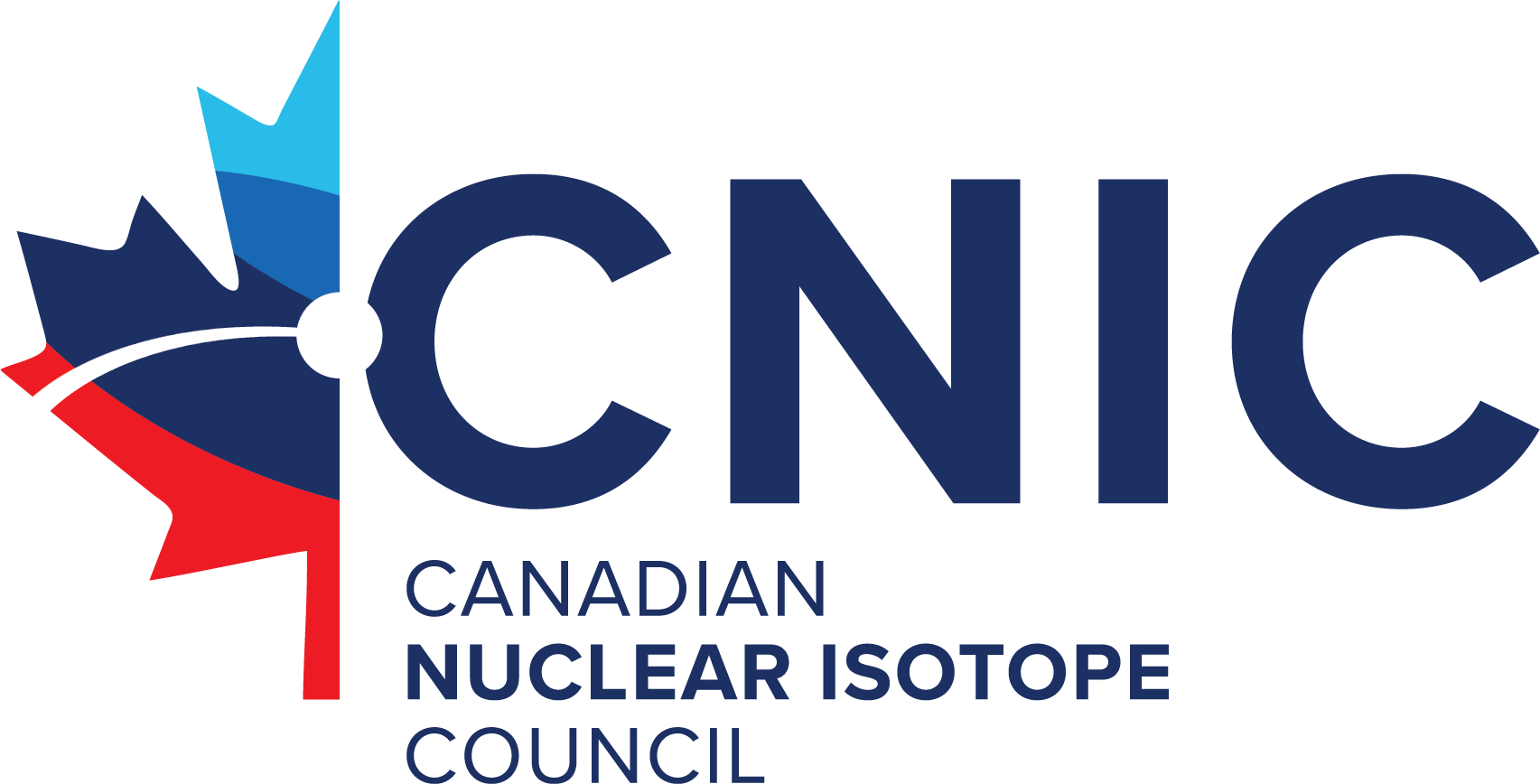The Canadian Liver Foundation (CLF) has joined the Canadian Nuclear Isotope Council (CNIC), which is a coalition of Canadian science, health care and nuclear sector organizations.
The CNIC’s mandate is to ensure that Canada remains a world leader in the production of medical and industrial radioisotopes by raising awareness and supporting long-term policies at the domestic and international levels. Other members of the Council include Bruce Power, Ontario Power Generation, the Canadian Association of Nuclear Medicine, BWXT, Dalhousie University, McMaster University and the University Health Network.
In 1969, the CLF was born out of the passion and concern of a committed group of business leaders and doctors who believed that liver disease needed a champion. Celebrating its 50th anniversary this year, the CLF was the first organization in the world established to promote liver health and reduce unnecessary death and suffering from liver disease.
With the help of volunteers, patients, families, researchers, doctors, donors and corporate supporters, the CLF remains committed to “bringing liver research to life” through research, education, patient support and advocacy.
“With over 100 different forms, liver disease is something that can affect children, women and men with severe and sometimes fatal consequences,” says Gary Fagan, President and CEO of the CLF. “One in four Canadians, or roughly nine-million people, may be affected by liver disease; unfortunately, many Canadians are unaware that they have liver disease until it’s too late. The liver often remains silent without showing any symptoms of damage as it courageously battles disease for years or even decades. However, if left undiagnosed and untreated, liver disease can progress to liver cancer, which is one of the fastest rising forms of cancer in Canada.”
“The CLF strives to improve prevention and quality of life for those living with liver disease by advocating for better screening, early diagnosis and access to treatment and patient care; we are very excited to join forces with the CNIC as it provides hope to those affected by liver disease, especially those with liver cancer, in the form of innovative treatments such as Transarterial Radioembolization (TARE).”
James Scongack, Chair of the CNIC, said the treatment can help to extend the lives of patients with inoperable tumours and improve their quality of life.
“Radioembolization is a minimally invasive procedure that combines embolization and radiation therapy to treat liver cancer,” Scongack explained. “Tiny glass or resin beads filled with the radioactive isotope
yttrium (Y-90) are placed inside the blood vessels that feed a tumour. This blocks the supply of blood to the cancer cells and delivers a high dose of radiation to the tumour while sparing normal tissue.
“We are committed to building on Canada’s leadership role in this area by supporting leading and innovative programs that are in the pursuit of isotope research and development. Canadian researchers and isotope producers are working together to bring innovative new therapies to the clinic, while Canadian scientists are working to bring innovative new cancer therapies from around the world back to Canada.”
The Council works to maintain Canada’s role as a leader in this field by encouraging innovation and investment in the radioisotope industry by industries and government.
The CNIC is focused on ensuring Canada continues to be a world leader in the production of life-saving isotopes by bringing awareness and supporting long-term policies at the domestic and international level, saving countless lives and supporting health-care innovation for decades to come.
About the Canadian Liver Foundation
Founded in 1969 by a group of doctors and business leaders concerned about the increasing incidence of liver disease, the Canadian Liver Foundation (CLF) was the first organization in the world devoted to providing support for research and education on the causes, diagnoses, prevention and treatment of all liver disease. Through its chapters across the country, the CLF strives to promote liver health, improve public awareness and understanding of liver disease, raise funds for research and provide support to individuals affected by liver disease.
For more information, contact:
Veronica Herfindahl
647.225.4238
Vherfindahl@liver.ca
